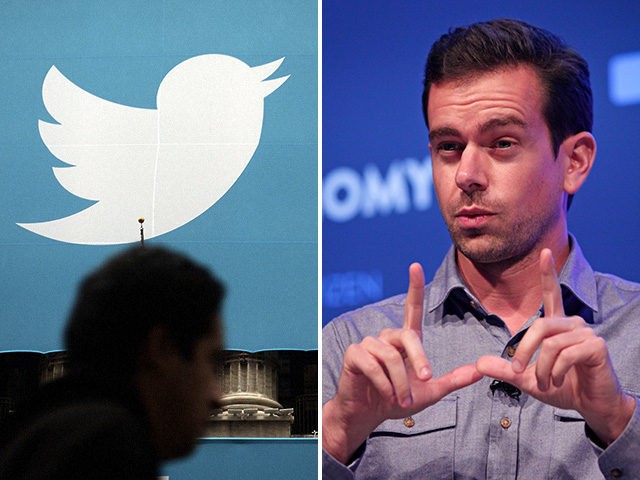Social media platform Twitter has begun enlisting the help of two groups of academic researchers to determine how to measure the “health” of conversations on the platform. One of the researchers involved believes that conservative politics can be boiled down to “hate hate hate,” which may indicate in what direction the academics will point Twitter.
TechCrunch reports that social media platform Twitter has turned to the world of academics to enlist help in measuring the health of conversations on their platform. Following Twitter’s poor stock performance recently, despite posting $100 million in profit during last week’s earnings report. The company is aware that as greater scrutiny is placed on Silicon Valley tech firms, they must make major changes to their platform in order to survive.
Twitter has long been attacked for the toxicity of conversations on their platform, so now the company is attempting to fix the issue. In March, Twitter requested proposals from researchers on how they could solve the issue by analyzing the types of conversations happening on their platform, these proposals were reviewed by a variety of departments at Twitter including Engineering, Product, Machine Learning, Data Science, Trust and Safety, Legal and Research.
This review process has now been completed and Twitter has chosen two research teams to focus on two different problems that their platform faces. The first team is from Leiden University and will analyze how “echo chambers” form on the platform, and what sort of effect they have. They will also attempt to analyze the difference between incivility and intolerance during a conversation which will help Twitter to better understand how their users are interacting. The team consists of the following members: Rebekah Tromble, Assistant Professor of Political Science at Leiden University, Dr. Michael Meffert at Leiden, Dr. Patricia Rossini and Dr. Jennifer Stromer-Galley at Syracuse University, Dr. Nava Tintarev at Delft University of Technology, and Dr. Dirk Hovy at Bocconi University.
The second research team is from the University of Oxford and is led by Professor Miles Hewstone and John Gallacher, in partnership with Dr. Marc Heerdink from the University of Amsterdam. This group will continue work started by Professor Hewstone who has studied intergroup conflict for some time, this will help Twitter to examine conversations on their platform with the view of removing prejudice. Hewstone’s research shows that when conversations include more positive sentiments, cooperative emotions and complex thinking, prejudice tens to go down while the quality of relationships increases.
Twitter stated in a blog post: “As part of the project, text classifiers for language commonly associated with positive sentiment, cooperative emotionality, and integrative complexity will be adapted to the structure of communication on Twitter.”
While this may seem like a positive step forward for Twitter in improving the health of conversations on their platform, some have already noted that the academics involved may already have their own biases which could affect this new study.
https://twitter.com/getongab/status/1023964812546633728
Rossini views conservative political beliefs as “hate hate hate.”
https://twitter.com/patyrossini/status/756329790907490304
Lucas Nolan is a reporter for Breitbart News covering issues of free speech and online censorship. Follow him on Twitter @LucasNolan or email him at lnolan@breitbart.com

COMMENTS
Please let us know if you're having issues with commenting.